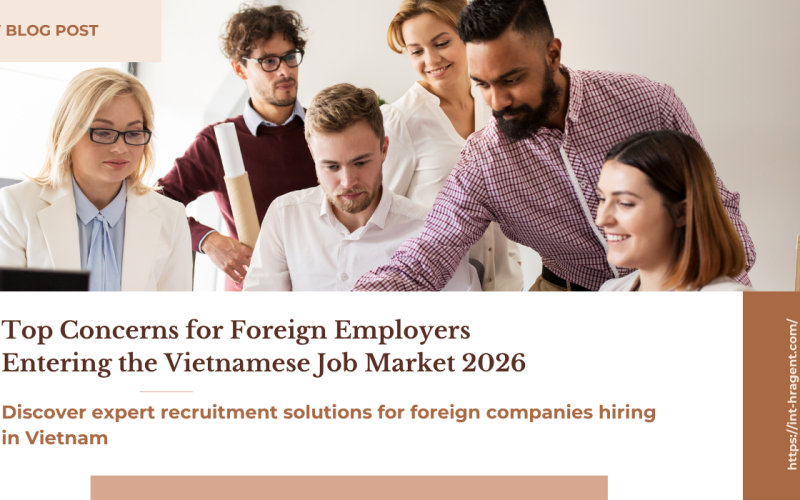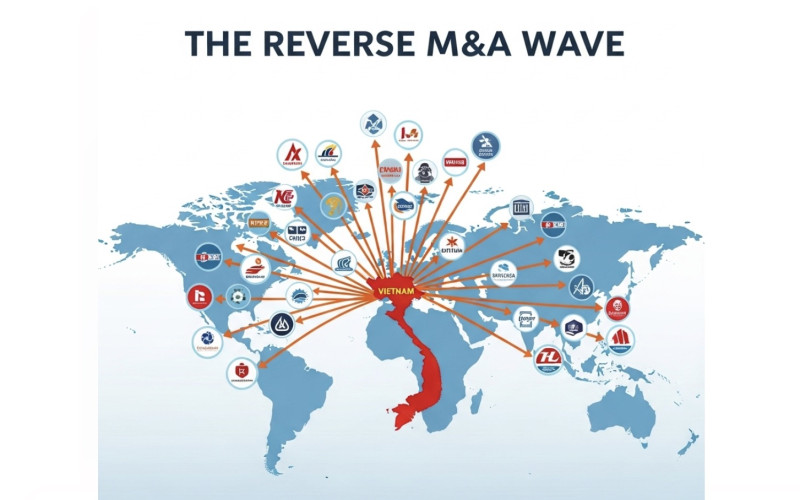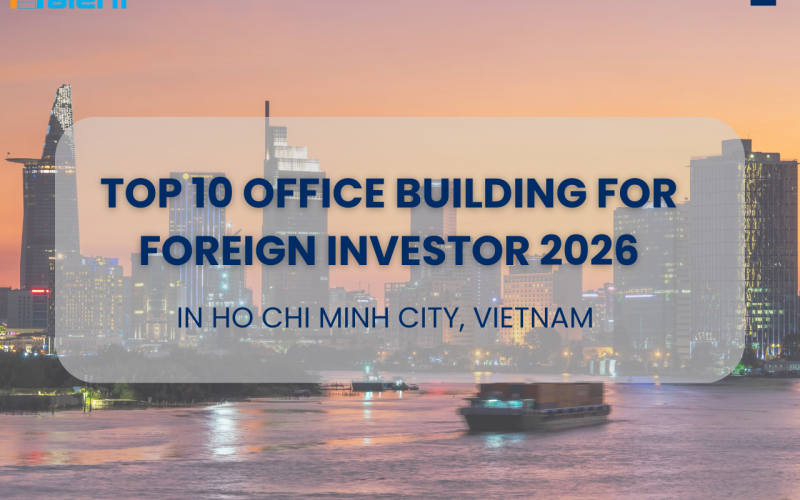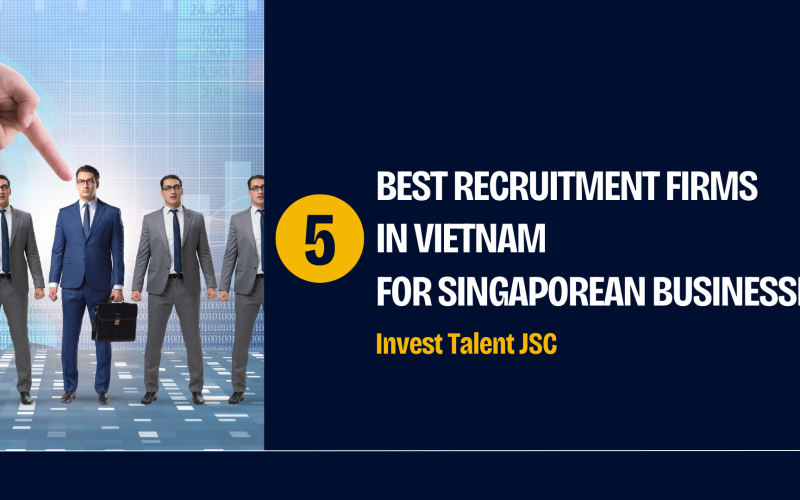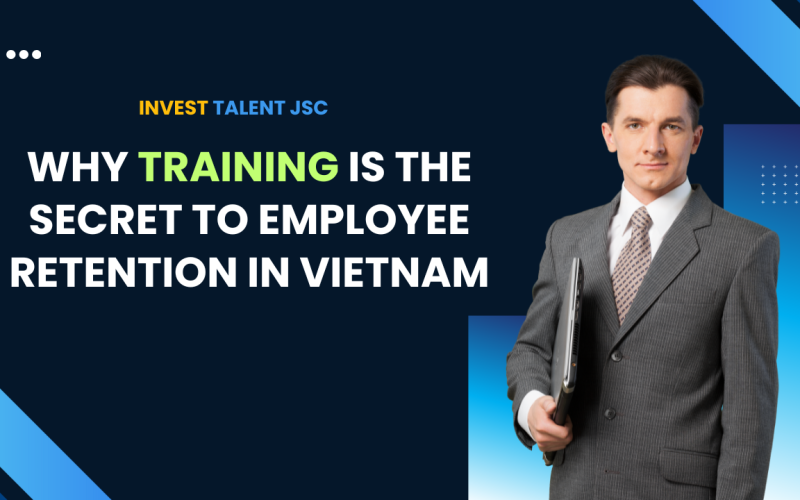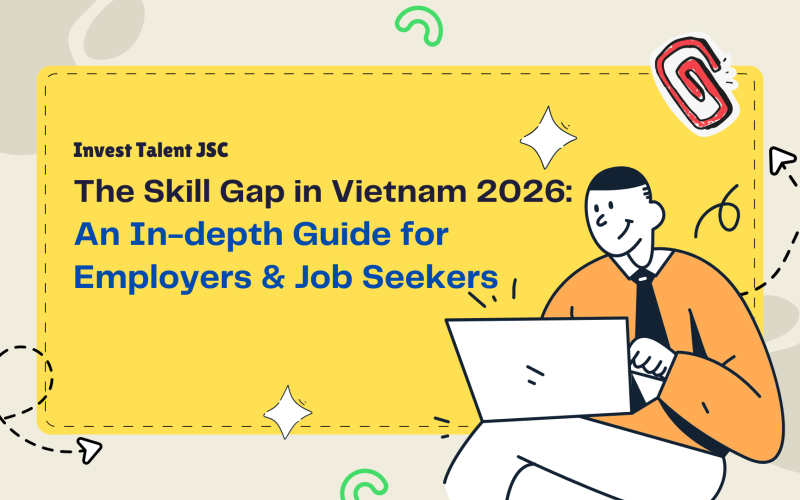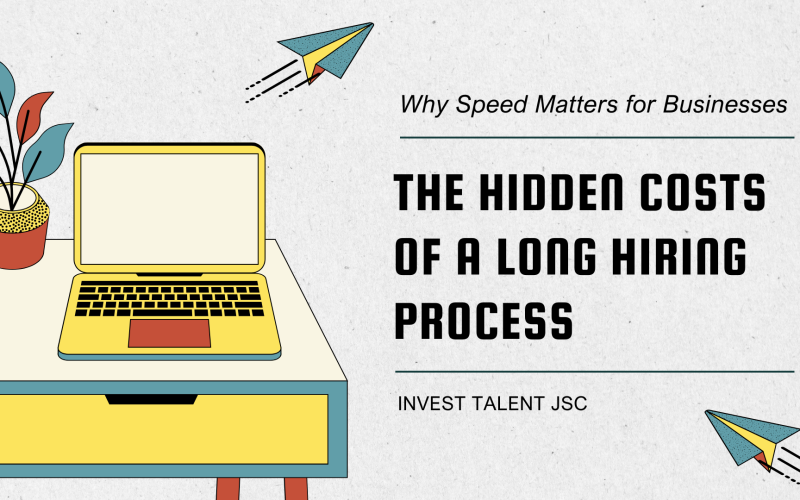Professions Where Degrees and Expertise Still Outweigh Soft Skills
While many companies in Vietnam’s labor market for 2025–2030 emphasize soft skills such as communication, critical thinking, and teamwork, there remains a set of professions where diplomas, licenses, and technical mastery are non-negotiable “licenses to practice.”
The Broader Trend: Soft Skills on the Rise, but Knowledge as the Bedrock
According to the HCMC Center for Human Resource Forecasting and Labor Market Information, Vietnam will need about 4.5–5 million workers with college or university qualifications by 2030, mainly in healthcare, IT, engineering, and finance. In parallel, 67.7% of employers in Vietnam said they highly value soft skills (VietnamWorks 2024).
Yet, the numbers reveal a reality: in specialized sectors, professional expertise remains the decisive condition. A Mercer (2023) survey on HR costs across Asia–Pacific showed that in Vietnam, employees with professional licenses earn on average 18–25% more than peers in the same roles without certifications. The message is clear: soft skills help workers shine, but without a strong knowledge base, they cannot even enter the arena.
1. Healthcare: Lives Rest on Technical Mastery
Medicine is the clearest example. To practice as a doctor requires 6–8 years of formal education, 18–24 months of clinical internship, and a final licensing exam. By the end of 2024, Vietnam had about 510,000 healthcare workers, including more than 94,000 doctors. Continuous education (CME) is mandatory to ensure patient safety.
As one surgeon put it: “Mistakes in soft skills can be corrected, but errors in expertise can cost a life. That is why hospitals always put professional standards first.”
2. Engineering, Construction, Manufacturing: Precision Above All
Disciplines such as civil engineering, mechanics, and electronics require strict adherence to standards (Eurocode, ACI, TCVN). A deviation of just 2 mm in a bridge structure can distort load distribution, risking collapse. From 2020–2024, more than 200 construction incidents occurred in Vietnam, mostly due to non-compliance in design or supervision (Ministry of Construction).
In manufacturing, QA/QC engineers rely on ISO 9001, IATF 16949, Six Sigma, and FMEA to minimize product defects—competencies that no amount of soft skills can replace.
3. Core IT & Cybersecurity: Certificates as the Benchmark
Although IT is often seen as flexible, core areas such as infrastructure, cybersecurity, and big data demand verified technical credentials. Vietnam currently lacks around 150,000 developers annually, 30% in security and systems (TopDev 2024). Employers frequently prioritize candidates with certifications like CCNA/CCNP (Cisco), RHCE (RedHat), CEH/OSCP (cybersecurity), or AWS/GCP (cloud).
4. Aviation & Maritime: Zero Tolerance for Standards
Becoming a commercial pilot requires at least 1,500 flight hours and stringent medical and psychological tests. Similarly, ship deck and engine officers must hold STCW certifications. In 2023, Vietnam counted over 1,400 active pilots, 30% of them foreign. High entry barriers underline that in these industries, there is simply no room for shortcuts.
5. Legal, Audit, and Finance: Compliance Above All
Lawyers must pass the national bar exam and complete at least 12 months of apprenticeship. Auditors cannot sign reports without a CPA Vietnam or international certificates like ACCA or ICAEW. As of 2024, Vietnam had nearly 14,000 licensed auditors—still insufficient for over 700 auditing firms.
In banking and finance, risk management and quantitative roles often require CFA or FRM certifications. One leading bank in Hanoi even mandates CFA Level 2 as the minimum for its investment analysis division.
6. Education & Academia: Knowledge with Proof
University lecturers must hold a master’s degree or higher, with doctoral qualifications required in fields like medicine and engineering. In the 2023–2024 academic year, Vietnam had over 75,000 lecturers, only 25% of whom held doctorates—a figure lower than regional peers. Universities are therefore racing to raise academic standards and meet international accreditations (AUN-QA, ABET).
Why These Professions Cannot Compromise on Expertise
Four key reasons explain why technical mastery remains indispensable:
- High risk: Direct impact on health, lives, and assets.
- Strict regulation: Subject to legal oversight, international standards, and audits.
- Technical complexity: Requires years of accumulated knowledge; cannot be learned through short-term training.
- Proof and reproducibility: Processes, models, and outcomes must be verifiable.
Employer Perspective: Complementary, Not Substitutes
An Anphabe (2024) survey found that 72% of employers believe soft skills are vital for long-term growth, but 65% admitted that without technical expertise, candidates simply cannot pass initial screening.
As an HR director of a major FDI corporation in Binh Duong noted: “Soft skills accelerate career progression, but to get through the door, candidates must have the required technical foundation and certifications.”
For today’s workforce, expertise and soft skills are like two arms: one provides a solid grounding in knowledge, qualifications, and professional standards, while the other empowers adaptability and growth. In a volatile labor market, only those who balance both can stay competitive—expertise earns recognition, while soft skills help them soar.
Invest Talent’s Edge: Decoding Priorities, Delivering the Right Fit
In recruitment, every role has its own “priority principle.” Some demand mandatory licenses before anything else; others weigh leadership and critical thinking more heavily. With deep expertise and industry insight, Invest Talent advises businesses on what truly matters for each position—separating foundational requirements from complementary skills. This ensures that clients hire candidates who are not only “qualified on paper” but also “aligned in potential,” minimizing hiring risks and building teams that combine technical excellence with adaptable soft skills.


